お客様のプライバシーは当社にとって重要です
| 名称 | プロバイダー | 目的 | 最大保存期間 | 種類 |
|---|---|---|---|---|
| __lc_cid | LiveChat | ウェブサイトのチャットボックス機能の機能性に必要です。 | 400 日 | HTTP クッキー |
| __lc_cst | LiveChat | ウェブサイトのチャットボックス機能の機能性に必要です。 | 400 日 | HTTP クッキー |
| #:state | Livechat | Necessary for the functionality of the website's chat-box function. | 永続 | HTML ローカルストレージ |
| __cf_bm [x2] | edmundoptics.com eogo.edmundoptics.com | This cookie is used to distinguish between humans and bots. This is beneficial for the website, in order to make valid reports on the use of their website. | 1 日 | HTTP クッキー |
| QuoteID | edmundoptics.jp | 見積りカートのIDを記憶します。 | 14 日 | HTTP クッキー |
| BIGipServer# | eogo.edmundoptics.com | Used to distribute traffic to the website on several servers in order to optimise response times. | セッション | HTTP クッキー |
| rc::a | This cookie is used to distinguish between humans and bots. This is beneficial for the website, in order to make valid reports on the use of their website. | 永続 | HTML ローカルストレージ | |
| rc::c | This cookie is used to distinguish between humans and bots. | セッション | HTML ローカルストレージ | |
| li_gc | Stores the user's cookie consent state for the current domain | 180 日 | HTTP クッキー | |
| AWSALB [x2] | productimages.edmundoptics.com www.edmundoptics.jp | Registers which server-cluster is serving the visitor. This is used in context with load balancing, in order to optimize user experience. | 7 日 | HTTP クッキー |
| AWSALBCORS [x2] | productimages.edmundoptics.com www.edmundoptics.jp | Registers which server-cluster is serving the visitor. This is used in context with load balancing, in order to optimize user experience. | 7 日 | HTTP クッキー |
| jsV [x2] | service.mtcaptcha.com service2.mtcaptcha.com | These cookies are used to secure the website from unwanted bots and automated scripts and help verify human users. | セッション | HTTP クッキー |
| mtv1ConfSum [x2] | service.mtcaptcha.com service2.mtcaptcha.com | https://www.mtcaptcha.com/faq-cookie-declaration | セッション | HTTP クッキー |
| mtv1Pulse [x2] | service.mtcaptcha.com service2.mtcaptcha.com | https://www.mtcaptcha.com/faq-cookie-declaration | セッション | HTTP クッキー |
| .AspNetCore.Antiforgery.# | www.edmundoptics.jp | Helps prevent Cross-Site Request Forgery (CSRF) attacks. | セッション | HTTP クッキー |
| .AspNetCore.Mvc.CookieTempDataProvider | www.edmundoptics.jp | Preserves the visitor's session state across page requests. | セッション | HTTP クッキー |
| CookieConsent | Cookiebot | Stores the user's cookie consent state for the current domain | 1 年 | HTTP クッキー |
| UMB_SESSION | www.edmundoptics.jp | Stores domain prefix to determine whether it holds https or http URL properties. | セッション | HTTP クッキー |
| 名称 | プロバイダー | 目的 | 最大保存期間 | 種類 |
|---|---|---|---|---|
| __oauth_redirect_detector | LiveChat | Allows the website to recoqnise the visitor, in order to optimize the chat-box functionality. | 1 日 | HTTP クッキー |
| @@lc_auth_token:3b0f44ba-5eb5-4bb1-a9e1-2214776a186b | Livechat | Identifies the visitor across devices and visits, in order to optimize the chat-box function on the website. | 永続 | HTML ローカルストレージ |
| @@lc_ids | Livechat | Identifies the visitor across devices and visits, in order to optimize the chat-box function on the website. | 永続 | HTML ローカルストレージ |
| chatEngaged | edmundoptics.jp | ウェブサイトのチャットボックス案内を表示すべきかどうかを判断するため、ユーザーがチャットボックスを使用したかどうかを示します。 | 14 日 | HTTP クッキー |
| 名称 | プロバイダー | 目的 | 最大保存期間 | 種類 |
|---|---|---|---|---|
| _livechat_has_visited | Livechat | Identifies the visitor across devices and visits, in order to optimize the chat-box function on the website. | 永続 | HTML ローカルストレージ |
| _conv_r | Convert Insight | This cookie is used as a referral-cookie that stores the visitor’s profile – the cookie is overwritten when the visitor re-enters the website and new information on the visitor is collected and stored. | 180 日 | HTTP クッキー |
| _conv_s | Convert Insight | This cookie contains an ID string on the current session. This contains non-personal information on what subpages the visitor enters – this information is used to optimize the visitor's experience. | 1 日 | HTTP クッキー |
| _conv_v | Convert Insight | This cookie is used to identify the frequency of visits and how long the visitor is on the website. The cookie is also used to determine how many and which subpages the visitor visits on a website – this information can be used by the website to optimize the domain and its subpages. | 6 ヶ月 | HTTP クッキー |
| _ga | 訪問者によるウェブサイトの使用状況に関する統計データを生成するのに用いられる専用IDを登録します。 | 25 ヶ月 | HTTP クッキー | |
| _ga_# | Used by Google Analytics to collect data on the number of times a user has visited the website as well as dates for the first and most recent visit. | 25 ヶ月 | HTTP クッキー | |
| ce_diff_time | edmundoptics.jp | 分析目的で時間を補正するために、Crazy Eggで用いられます。 | 14 日 | HTTP クッキー |
| ce_ip_address | edmundoptics.jp | ユーザーのIPアドレスを記憶するため、Crazy Eggで用いられます。 | 14 日 | HTTP クッキー |
| events/1/# | edmundoptics.jp | ユーザーの使用中、ページとページ要素のパフォーマンスをモニターするため、New Relicで用いられます。 | 14 日 | HTTP クッキー |
| 名称 | プロバイダー | 目的 | 最大保存期間 | 種類 |
|---|---|---|---|---|
| conv_rand | Convert Insight | This cookie is used by the website’s operator in context with multi-variate testing. This is a tool used to combine or change content on the website. This allows the website to find the best variation/edition of the site. | 永続 | HTML ローカルストレージ |
| lastExternalReferrer | Meta Platforms, Inc. | Detects how the user reached the website by registering their last URL-address. | 永続 | HTML ローカルストレージ |
| lastExternalReferrerTime | Meta Platforms, Inc. | Detects how the user reached the website by registering their last URL-address. | 永続 | HTML ローカルストレージ |
| IDE | 広告の効果を測定し、ターゲットを絞った広告をユーザーに提示する目的で、広告主の広告の1つを閲覧またはクリックした後のウェブサイトユーザーのアクションを登録および報告するために、Google DoubleClickによって用いられます。 | 400 日 | HTTP クッキー | |
| pagead/landing [x2] | Collects data on visitor behaviour from multiple websites, in order to present more relevant advertisement - This also allows the website to limit the number of times that they are shown the same advertisement. | セッション | ピクセルトラッカー | |
| test_cookie | ユーザーのブラウザがcookieをサポートしているかどうかを確認するために用いられます。 | 1 日 | HTTP クッキー | |
| __tld__ | Wisepops | Used to track visitors on multiple websites, in order to present relevant advertisement based on the visitor's preferences. | セッション | HTTP クッキー |
| _conv_sptest | Convert Insight | This cookie is used by the website’s operator in context with multi-variate testing. This is a tool used to combine or change content on the website. This allows the website to find the best variation/edition of the site. | セッション | HTTP クッキー |
| _fbp | Meta Platforms, Inc. | サードパーティの広告主からのリアルタイム入札など、一連の広告製品を配信するため、Facebookによって用いられます。 | 3 ヶ月 | HTTP クッキー |
| _gcl_au | Used by Google AdSense for experimenting with advertisement efficiency across websites using their services. | 3 ヶ月 | HTTP クッキー | |
| ads/ga-audiences | edmundoptics.jp | ウェブサイト全体における訪問者のオンライン行動に基づき、顧客となる可能性が高い訪問者を再エンゲージするため、Google AdWordsで用いられます。 | 14 日 | HTTP クッキー |
| gwcc | edmundoptics.jp | Google ウェブサイト通話コンバージョンを有効にします - これは、訪問者が「お問い合わせ」のサプページ内にある「電話」をクリックした場合に登録されます。この情報は、統計とマーケティング用に用いられます。 | 14 日 | HTTP クッキー |
| m | edmundoptics.jp | トラッキングピクセルは、ウェブサイトエンゲージメントをトラッキングするため、韓国企業のNaver Analyticsで用いられます。 | 14 日 | HTTP クッキー |
| NWB | edmundoptics.jp | ウェブサイトトラフィックをトラッキング及び報告するウェブ分析用に、韓国企業のNaver Analyticsで用いられます。 | 14 日 | HTTP クッキー |
| NWB_LEGACY | edmundoptics.jp | ウェブサイトトラフィックをトラッキング及び報告するウェブ分析用に、韓国企業のNaver Analyticsで用いられます。 | 14 日 | HTTP クッキー |
| pagead/1p-user-list/# | edmundoptics.jp | トラッキングピクセルは、ウェブサイトのエンゲージメントをトラッキングするために、Google Analyticsで用いられます。 | 14 日 | HTTP クッキー |
| tr | edmundoptics.jp | サードパーティの広告主からのリアルタイム入札など、一連の広告製品を配信するため、Facebookによって用いられます。 | 14 日 | HTTP クッキー |
| wcs_bt | edmundoptics.jp | クロスサイトウェブ分析のため、韓国企業のNaver Analyticsで用いられます。 | 14 日 | HTTP クッキー |
| wisepops [x2] | Wisepops | ウェブサイトにおけるポップアップ広告コンテンツとの関連で使用されます。Cookieは、訪問者にどの広告を表示させるかを決定するとともに、同じ広告が意図したよりも多く表示されないようにします。 | セッション | HTTP クッキー |
| wisepops_props [x2] | Wisepops | ウェブサイトにおけるポップアップ広告コンテンツとの関連で使用されます。Cookieは、訪問者にどの広告を表示させるかを決定するとともに、同じ広告が意図したよりも多く表示されないようにします。 | セッション | HTTP クッキー |
| wisepops_session [x2] | Wisepops | ウェブサイトにおけるポップアップ広告コンテンツとの関連で使用されます。Cookieは、訪問者にどの広告を表示させるかを決定するとともに、同じ広告が意図したよりも多く表示されないようにします。 | セッション | HTTP クッキー |
| wisepops_visitor [x2] | Wisepops | Used in context with pop-up advertisement-content on the website. The cookie determines which ads the visitor should be shown, as well as ensuring that the same ads does not get shown more than intended. | 400 日 | HTTP クッキー |
| wisepops_visits [x2] | Wisepops | ウェブサイトにおけるポップアップ広告コンテンツとの関連で使用されます。Cookieは、訪問者にどの広告を表示させるかを決定するとともに、同じ広告が意図したよりも多く表示されないようにします。 | セッション | HTTP クッキー |
| NID | 再訪問するユーザーのデバイスを識別するための専用IDを登録します。このIDはターゲット広告に向けて用いられます。 | 6 ヶ月 | HTTP クッキー | |
| pagead/1p-user-list/# | Tracks if the user has shown interest in specific products or events across multiple websites and detects how the user navigates between sites. This is used for measurement of advertisement efforts and facilitates payment of referral-fees between websites. | セッション | ピクセルトラッカー | |
| 1.gif | Usercentrics GmbH | Used to count the number of sessions to the website, necessary for optimizing CMP product delivery. | セッション | ピクセルトラッカー |
| bcookie | 組み込まれたサービスの使用をトラッキングするために、ソーシャルネットワークサービスであるLinkedInで用いられます。 | 1 年 | HTTP クッキー | |
| lidc | 組み込まれたサービスの使用をトラッキングするために、ソーシャルネットワークサービスであるLinkedInで用いられます。 | 1 日 | HTTP クッキー | |
| wisepops_session_id | Wisepops | Used in context with pop-up advertisement-content on the website. The cookie determines which ads the visitor should be shown, as well as ensuring that the same ads does not get shown more than intended. | セッション | HTML ローカルストレージ |
| wisepops_session_landing_url | Wisepops | Used in context with pop-up advertisement-content on the website. The cookie determines which ads the visitor should be shown, as well as ensuring that the same ads does not get shown more than intended. | セッション | HTML ローカルストレージ |
| wisepops_session_referrer | Wisepops | Used in context with pop-up advertisement-content on the website. The cookie determines which ads the visitor should be shown, as well as ensuring that the same ads does not get shown more than intended. | セッション | HTML ローカルストレージ |
| wisepops-pageview_id | Wisepops | Used in context with pop-up advertisement-content on the website. The cookie determines which ads the visitor should be shown, as well as ensuring that the same ads does not get shown more than intended. | セッション | HTML ローカルストレージ |
| wisepops-uses-attention | Wisepops | Used in context with pop-up advertisement-content on the website. The cookie determines which ads the visitor should be shown, as well as ensuring that the same ads does not get shown more than intended. | セッション | HTML ローカルストレージ |
| _mkto_trk | Marketo | Contains data on visitor behaviour and website interaction. This is used in context with the email marketing service Marketo.com, which allows the website to target visitors via email. | 2 年 | HTTP クッキー |
| #-# | YouTube | Used to track user’s interaction with embedded content. | セッション | HTML ローカルストレージ |
| 58e79856-b7f668 | YouTube | 保留中 | セッション | HTML ローカルストレージ |
| iU5q-!O9@$ | YouTube | Registers a unique ID to keep statistics of what videos from YouTube the user has seen. | セッション | HTML ローカルストレージ |
| LAST_RESULT_ENTRY_KEY | YouTube | Used to track user’s interaction with embedded content. | セッション | HTTP クッキー |
| LogsDatabaseV2:V#||LogsRequestsStore | YouTube | Stores the user's video player preferences using embedded YouTube video | 永続 | IndexedDB |
| nextId | YouTube | Used to track user’s interaction with embedded content. | セッション | HTTP クッキー |
| remote_sid | YouTube | Necessary for the implementation and functionality of YouTube video-content on the website. | セッション | HTTP クッキー |
| requests | YouTube | Used to track user’s interaction with embedded content. | セッション | HTTP クッキー |
| ServiceWorkerLogsDatabase#SWHealthLog | YouTube | Necessary for the implementation and functionality of YouTube video-content on the website. | 永続 | IndexedDB |
| TESTCOOKIESENABLED | YouTube | Used to track user’s interaction with embedded content. | 1 日 | HTTP クッキー |
| VISITOR_INFO1_LIVE | YouTube | 統合されたYouTube動画を含むページ上のユーザーの処理容量を推定します。 | 180 日 | HTTP クッキー |
| YSC | YouTube | ユーザーが閲覧したYouTube動画が何であるかの統計を維持するために、専用IDを登録します。 | セッション | HTTP クッキー |
| yt.innertube::nextId | YouTube | Registers a unique ID to keep statistics of what videos from YouTube the user has seen. | 永続 | HTML ローカルストレージ |
| yt.innertube::requests | YouTube | Registers a unique ID to keep statistics of what videos from YouTube the user has seen. | 永続 | HTML ローカルストレージ |
| ytidb::LAST_RESULT_ENTRY_KEY | YouTube | Stores the user's video player preferences using embedded YouTube video | 永続 | HTML ローカルストレージ |
| YtIdbMeta#databases | YouTube | Used to track user’s interaction with embedded content. | 永続 | IndexedDB |
| yt-remote-cast-available | YouTube | Stores the user's video player preferences using embedded YouTube video | セッション | HTML ローカルストレージ |
| yt-remote-cast-installed | YouTube | 組み込まれたYouTube動画を使用した、ユーザーの動画再生設定を保存します。 | セッション | HTML ローカルストレージ |
| yt-remote-connected-devices | YouTube | 組み込まれたYouTube動画を使用した、ユーザーの動画再生設定を保存します。 | 永続 | HTML ローカルストレージ |
| yt-remote-device-id | YouTube | 組み込まれたYouTube動画を使用した、ユーザーの動画再生設定を保存します。 | 永続 | HTML ローカルストレージ |
| yt-remote-fast-check-period | YouTube | 組み込まれたYouTube動画を使用した、ユーザーの動画再生設定を保存します。 | セッション | HTML ローカルストレージ |
| yt-remote-session-app | YouTube | 組み込まれたYouTube動画を使用した、ユーザーの動画再生設定を保存します。 | セッション | HTML ローカルストレージ |
| yt-remote-session-name | YouTube | 組み込まれたYouTube動画を使用した、ユーザーの動画再生設定を保存します。 | セッション | HTML ローカルストレージ |
| 当社ではこの種類のCookieは使用していません。 |
Cookieが当サイトの運営に必要不可欠な場合にはユーザーのデバイス上に保存することが法律上認められていますが、すべての種類のCookieの使用にはあなたの許可が必要です。
当サイトでは異なる種類のCookieが使用されています。一部のCookieは、当社のページに表示されるサードパーティーのサービスにより配置されています。
当ウェブサイト上のクッキー宣言から同意をいつでも変更または撤回することが出来ます。
弊社の概要、連絡方法とプライバシーポリシー中での個人データの扱い方についてさらに学ぶ。 お客様が与えた同意について弊社に連絡の際は、お客様の同意IDと同意日をお伝えください。














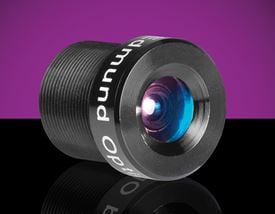



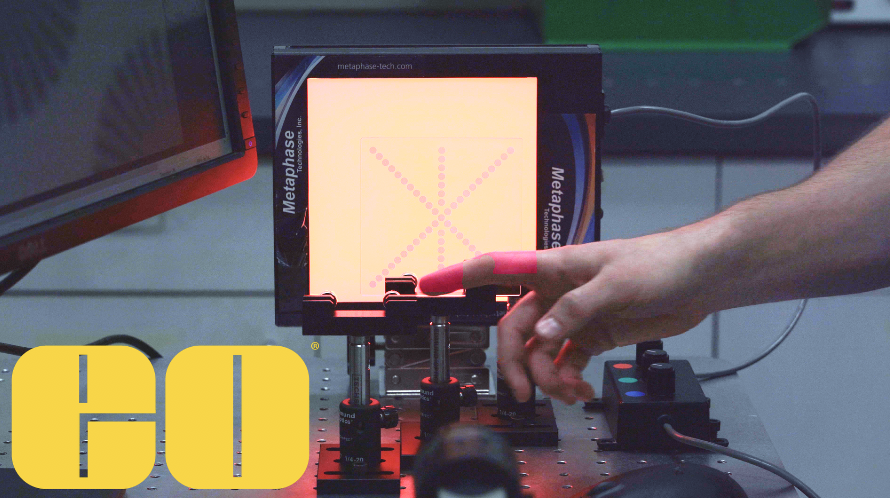
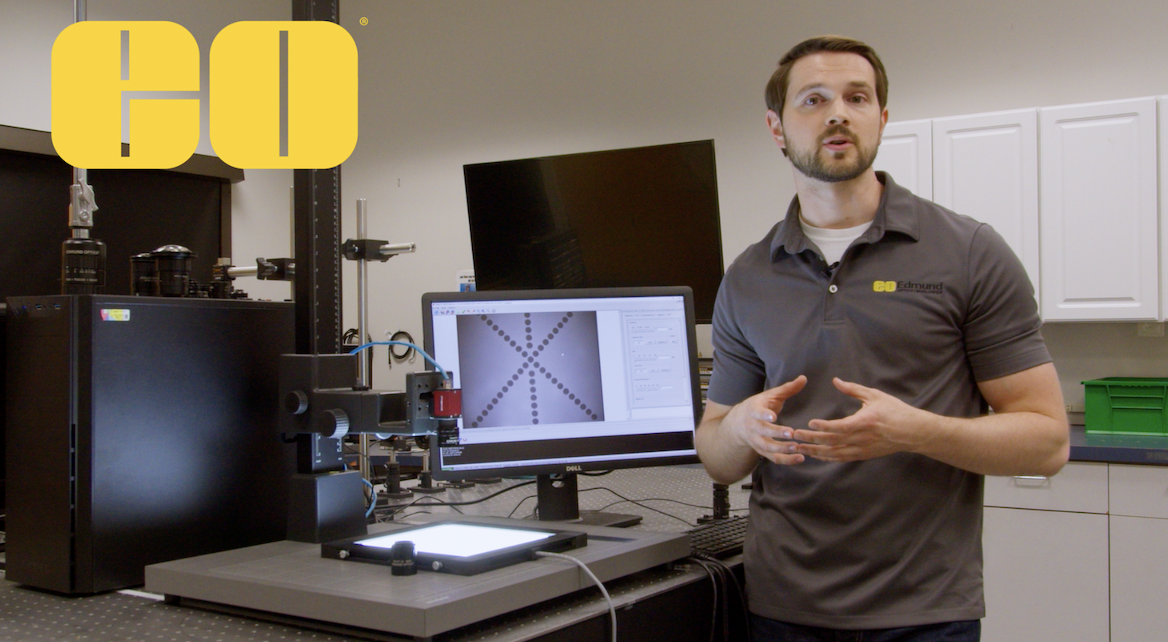



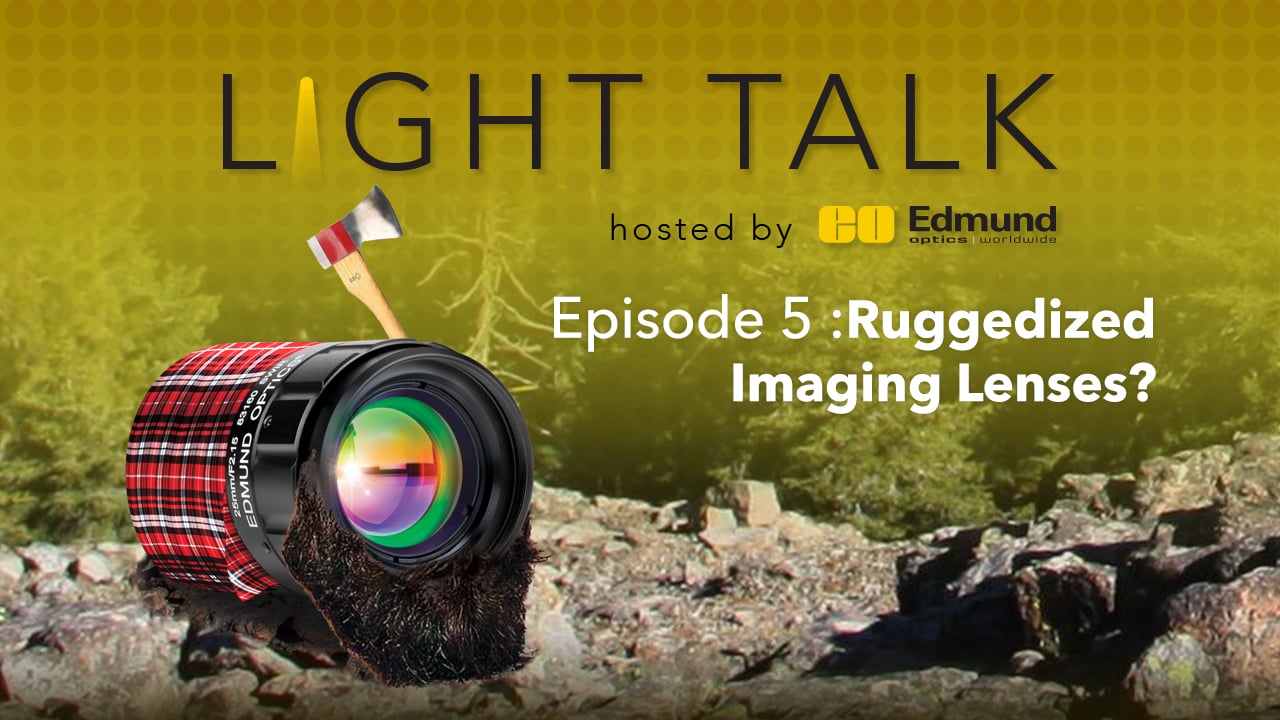
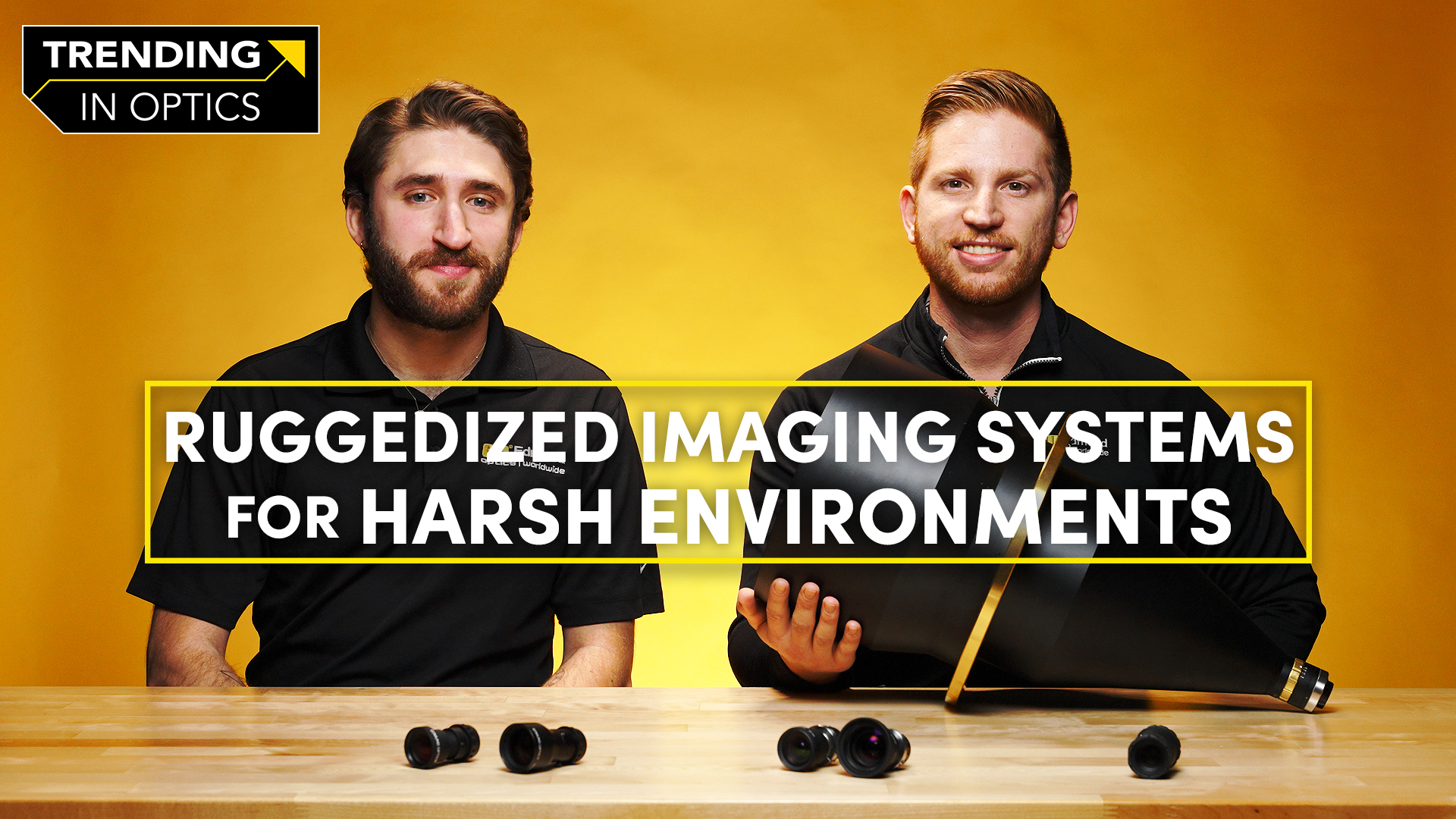
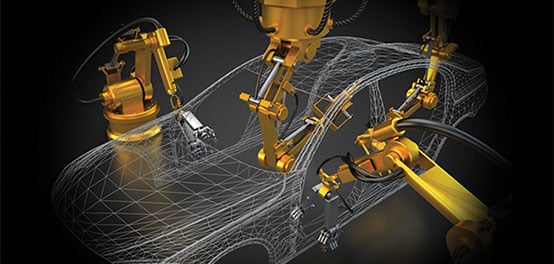
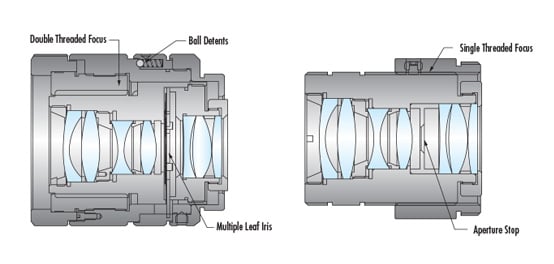
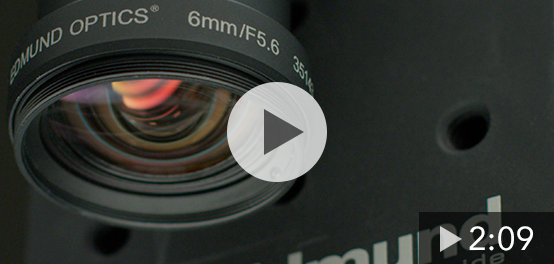








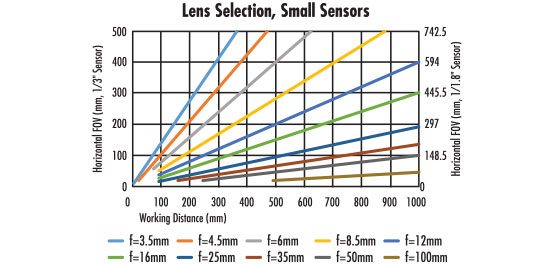







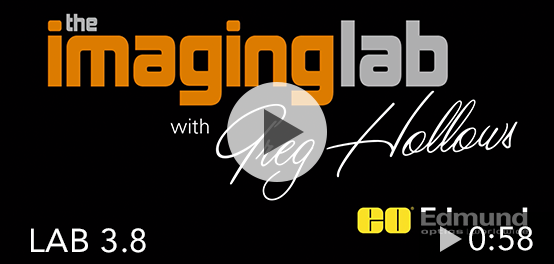
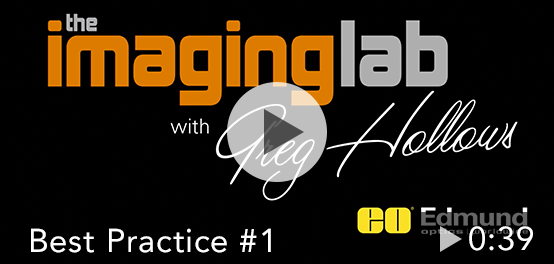
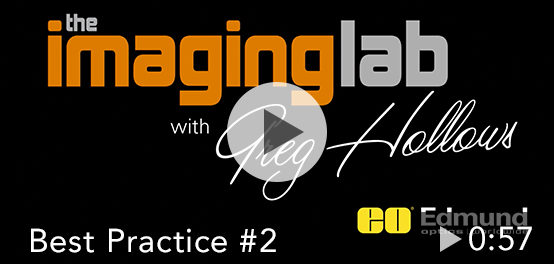
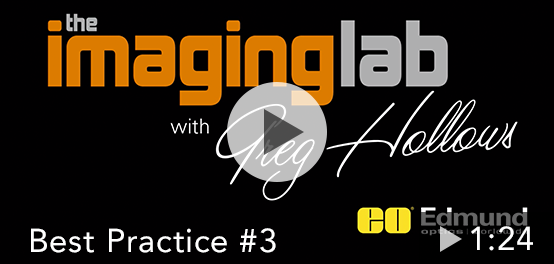
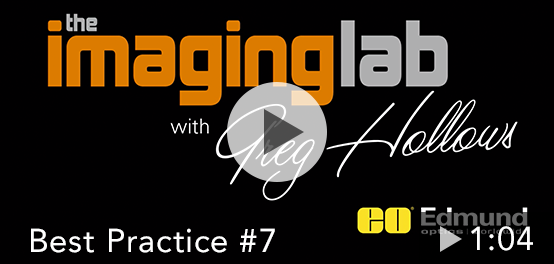
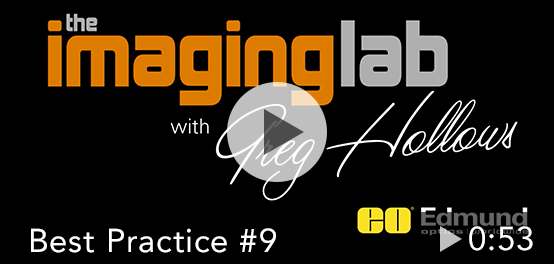
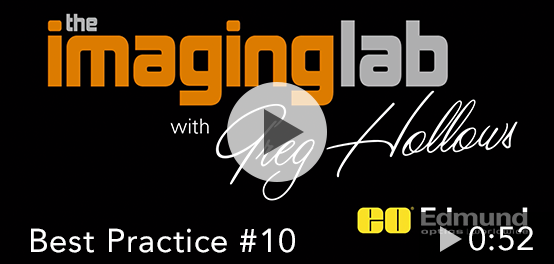
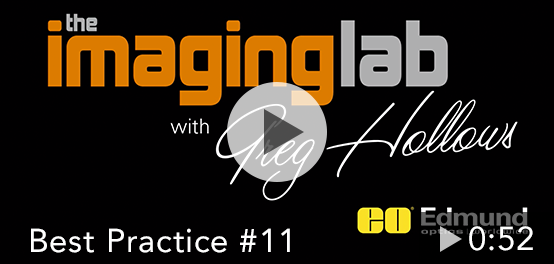
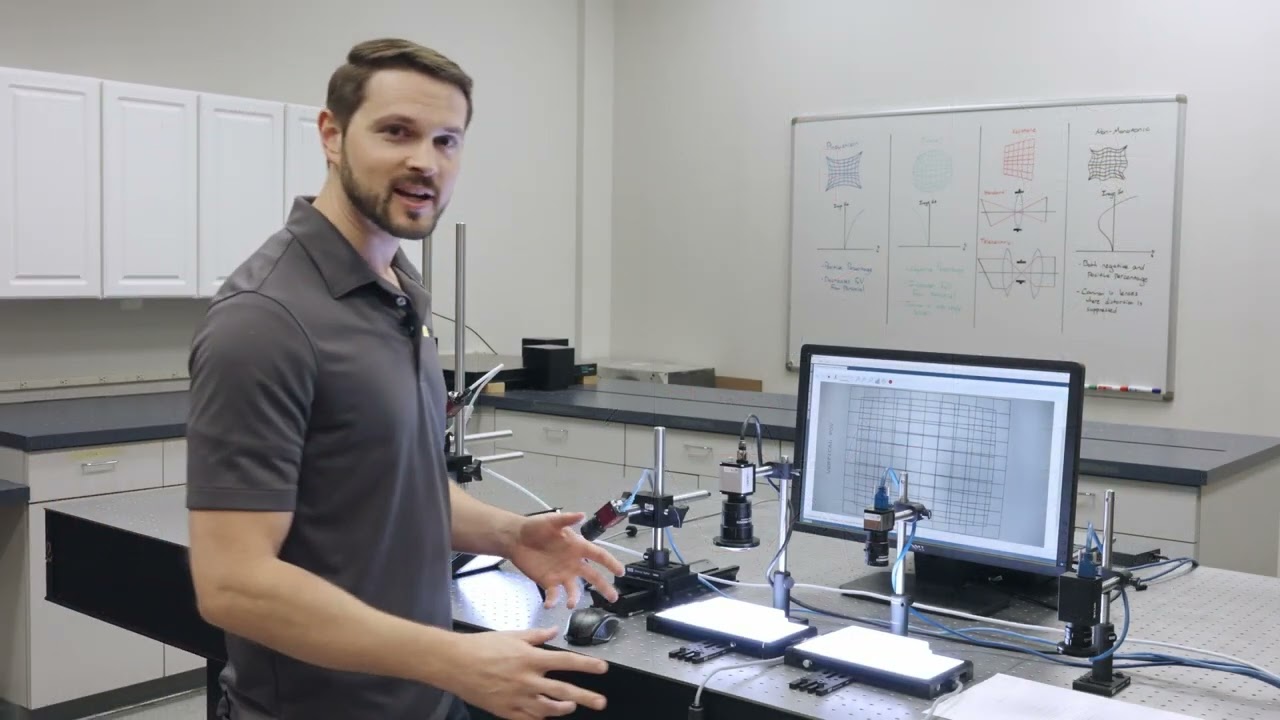
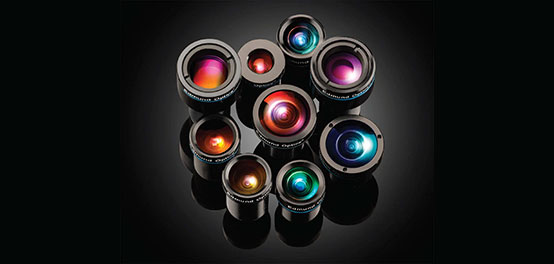
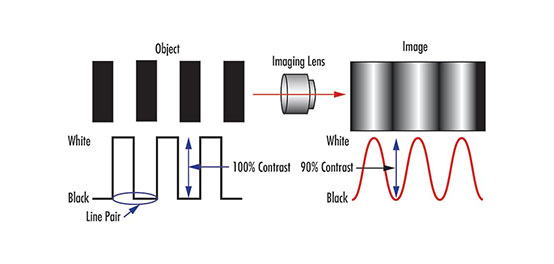

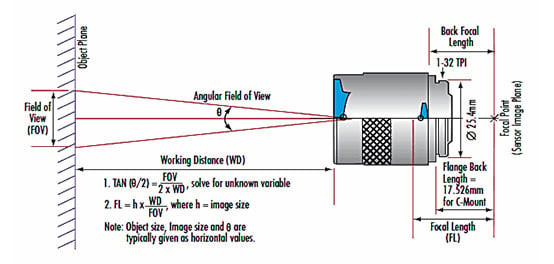
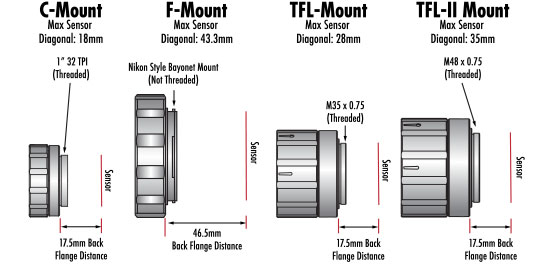

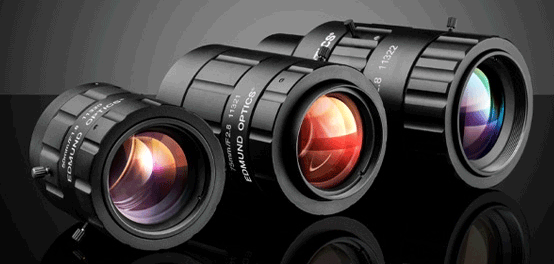
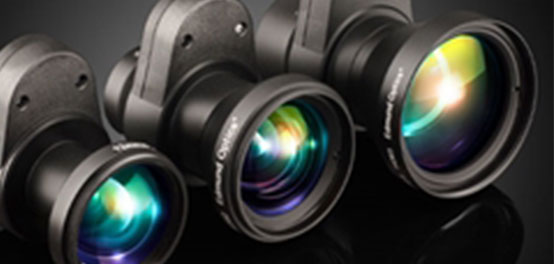

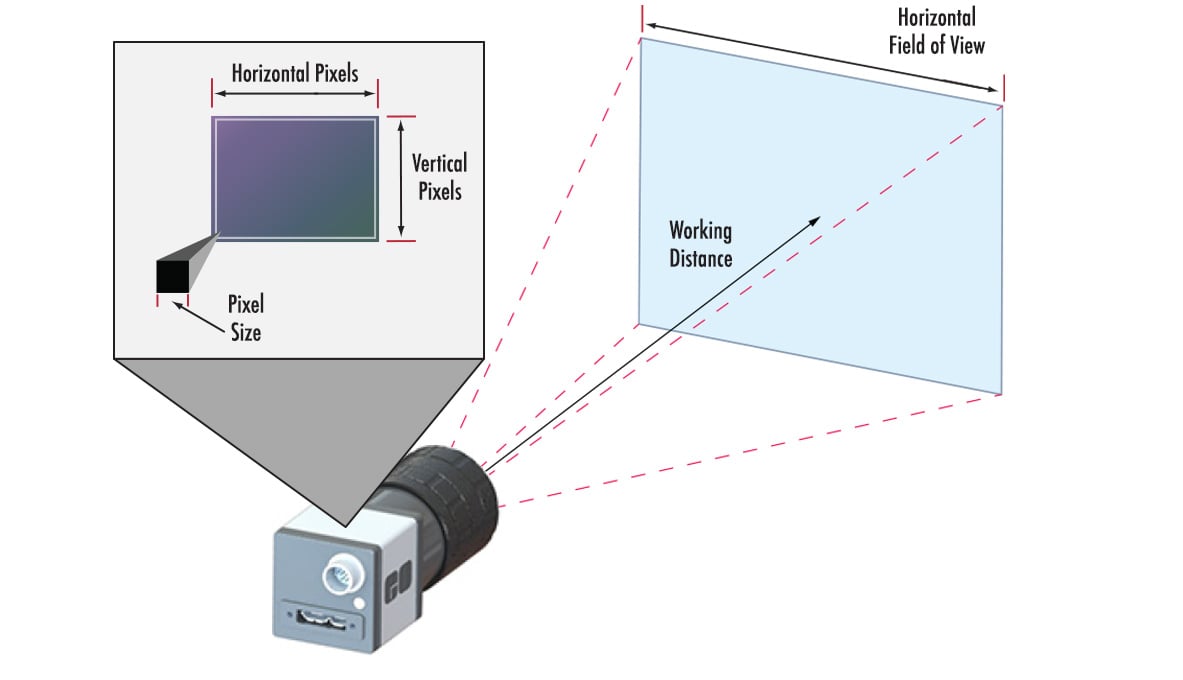

















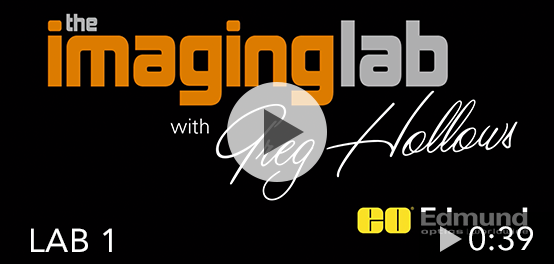
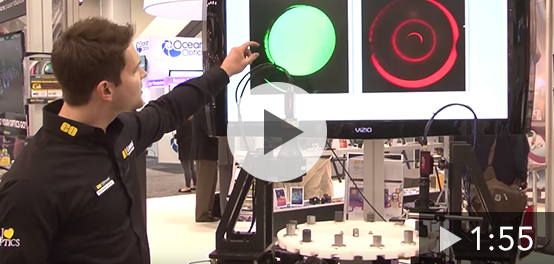
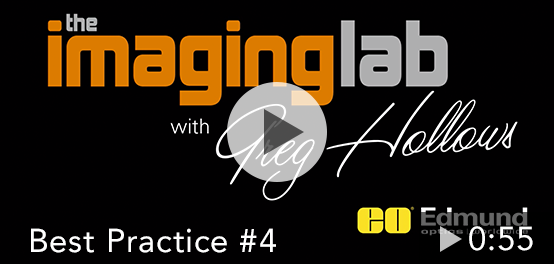

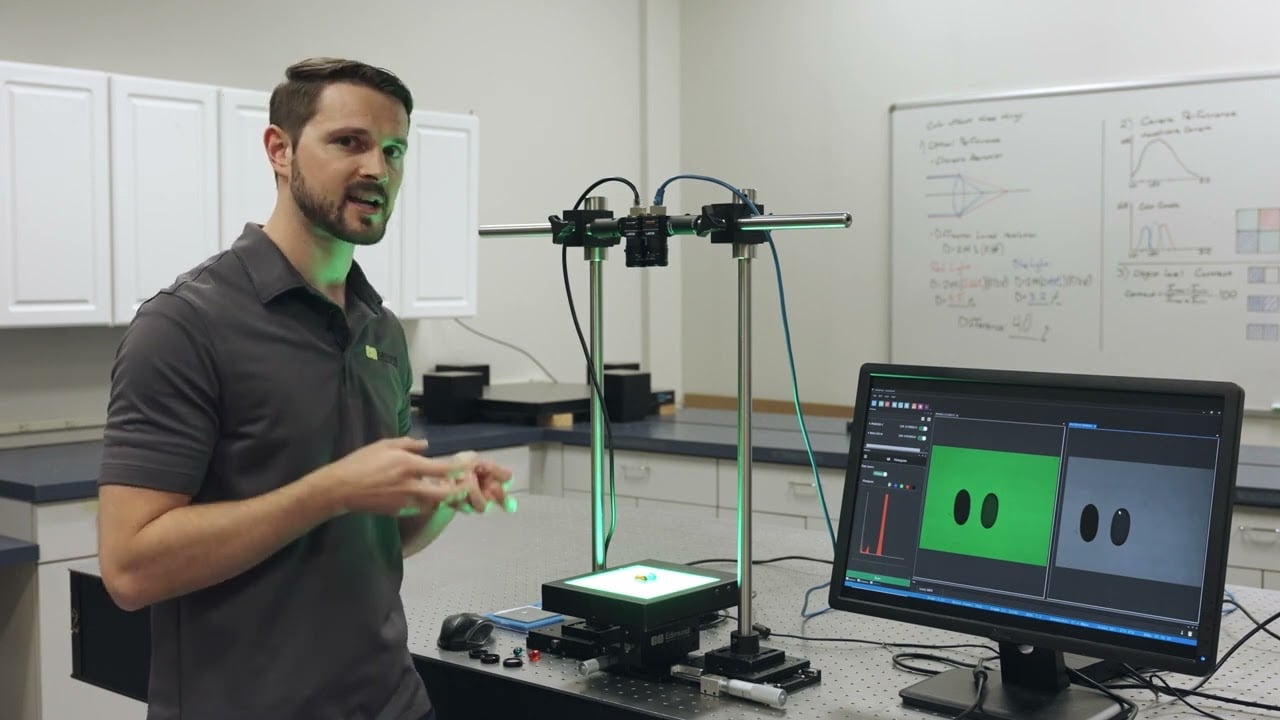




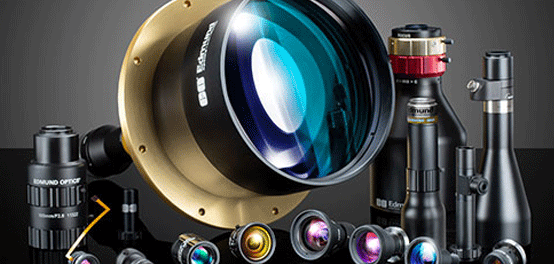
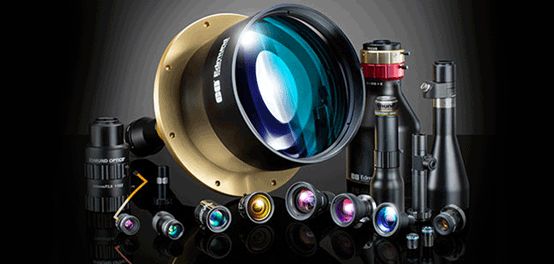


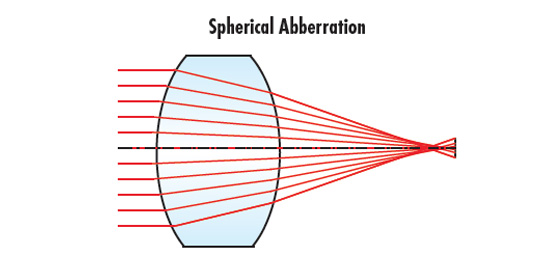
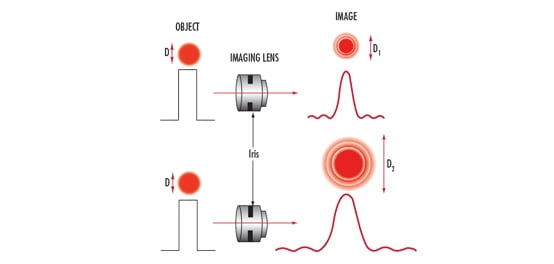

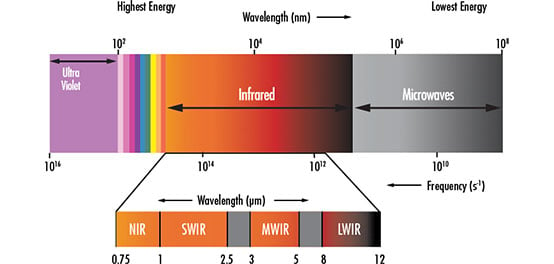
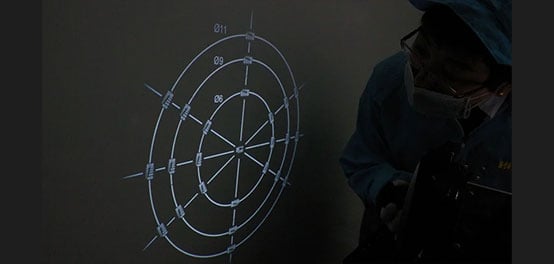
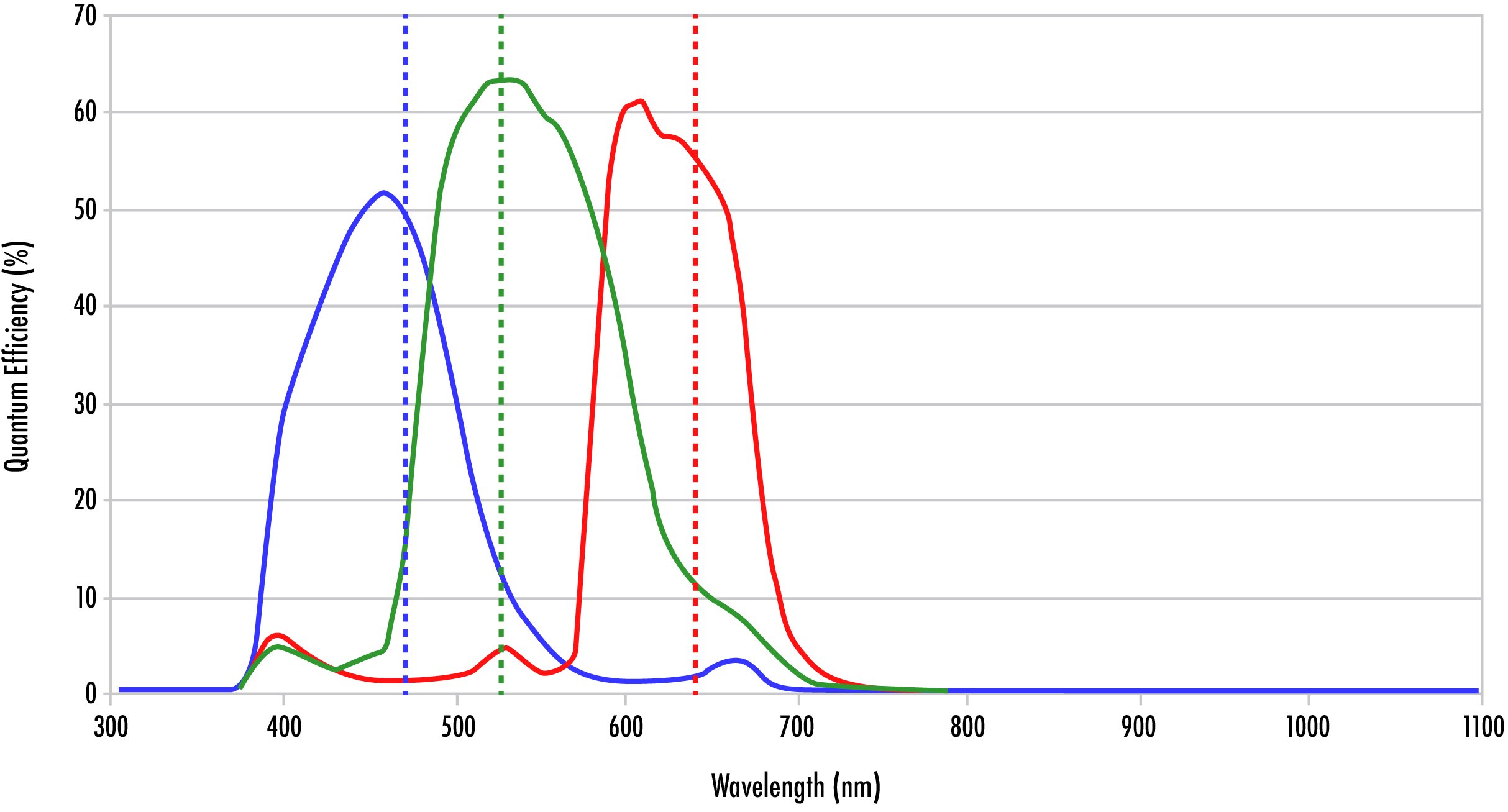
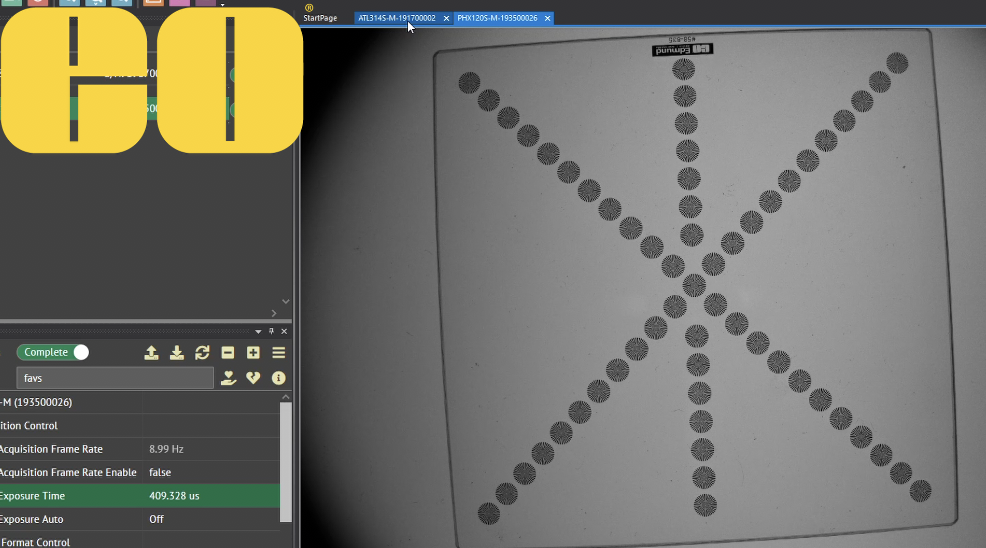
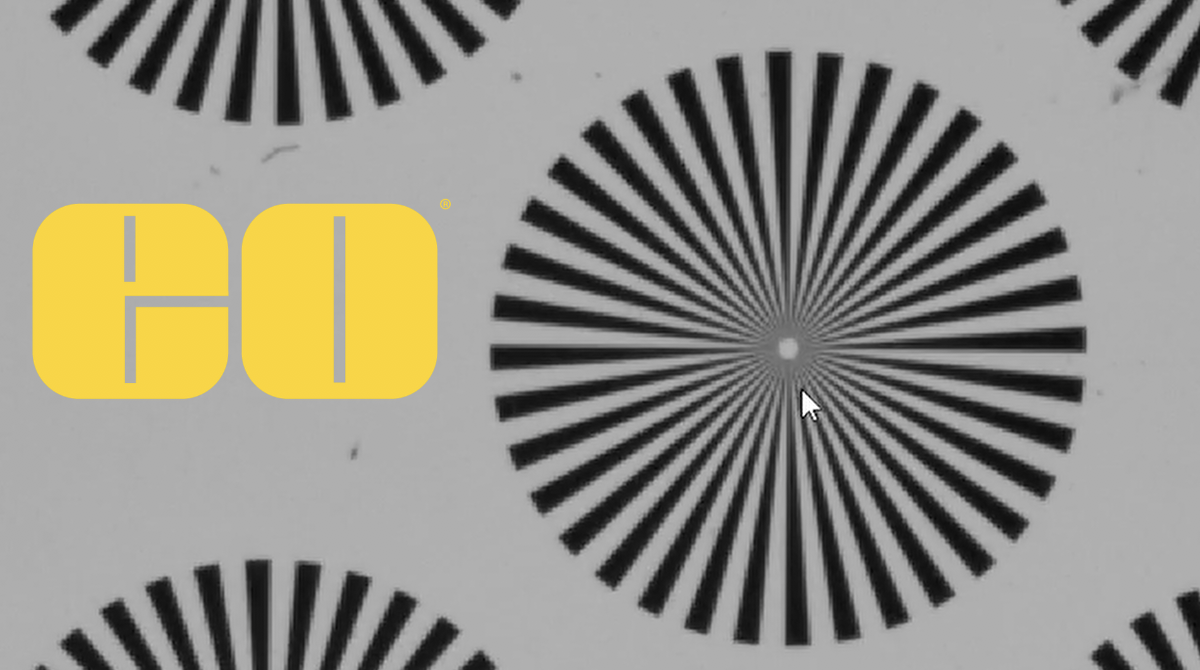
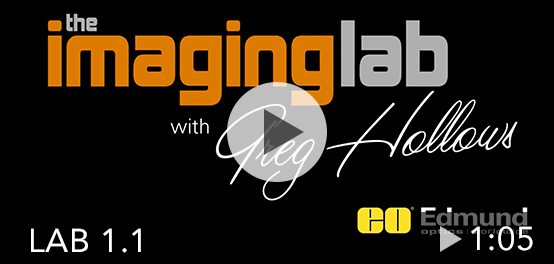
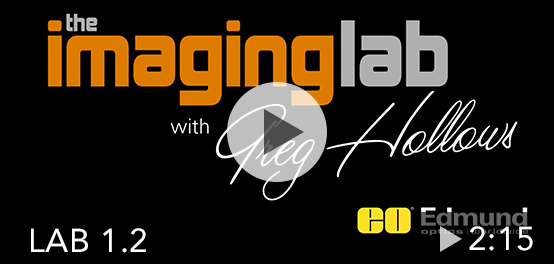
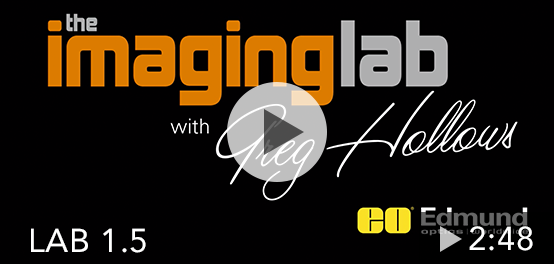
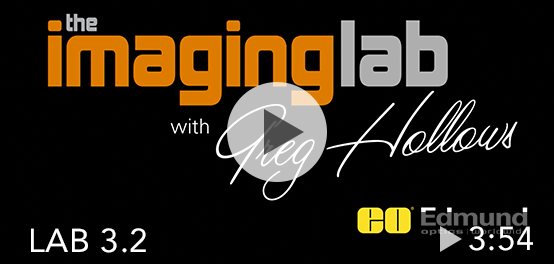
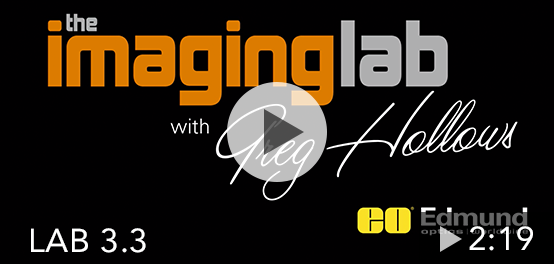
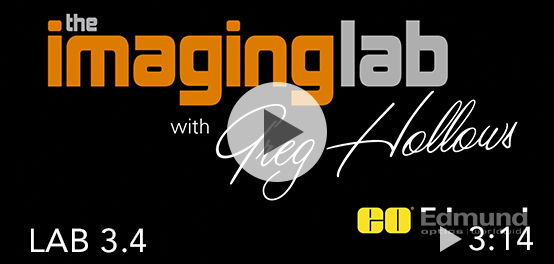
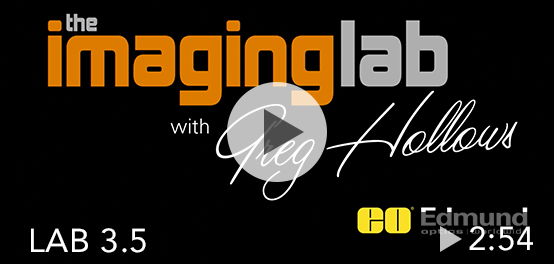
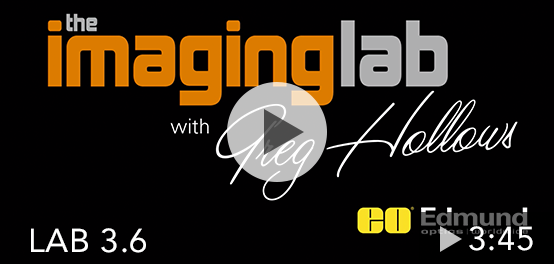
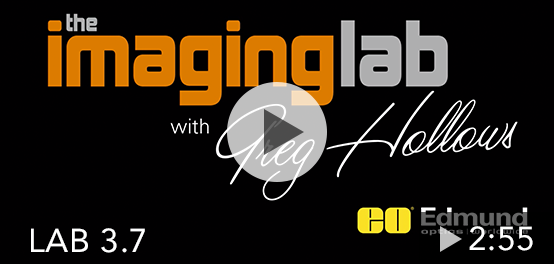
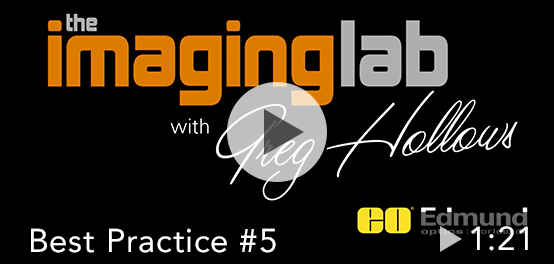
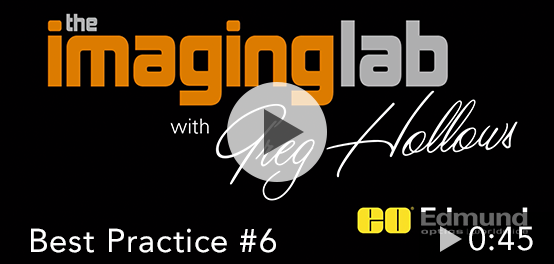



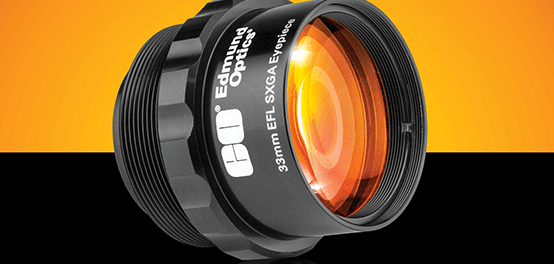

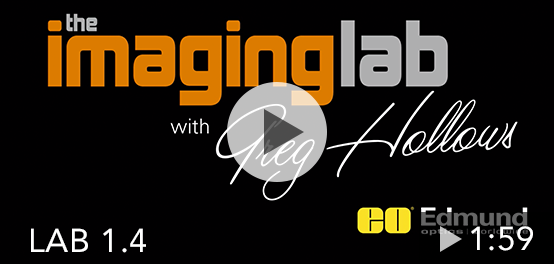
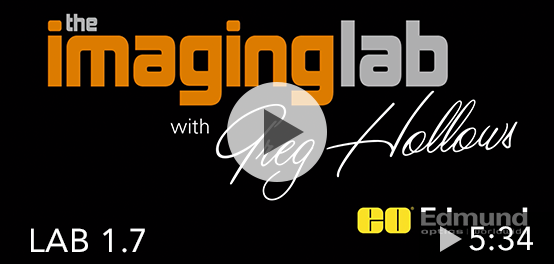

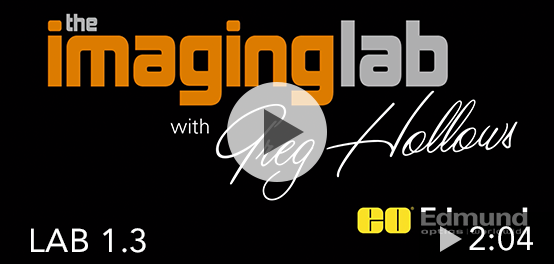
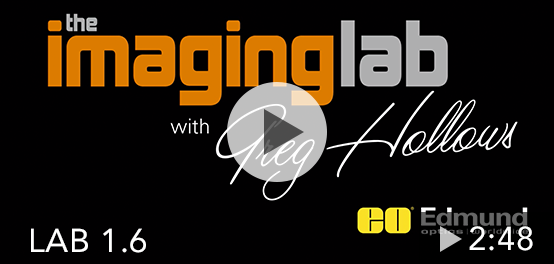
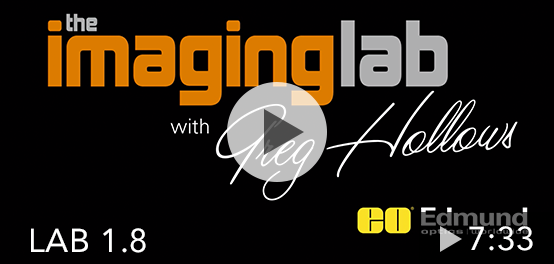
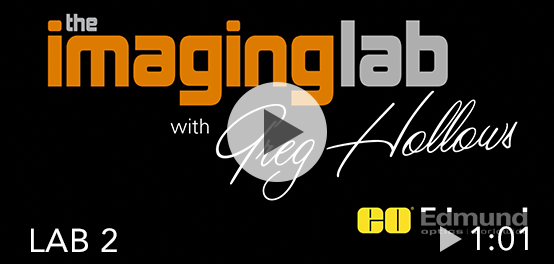
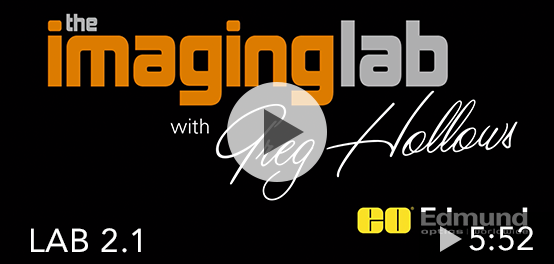
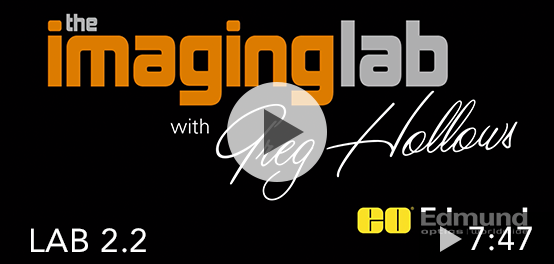
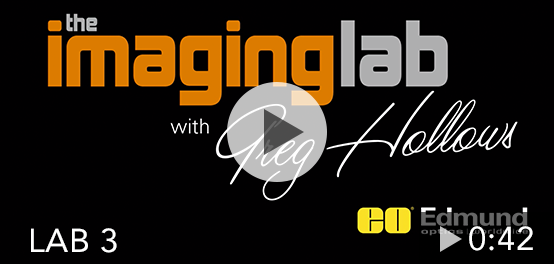
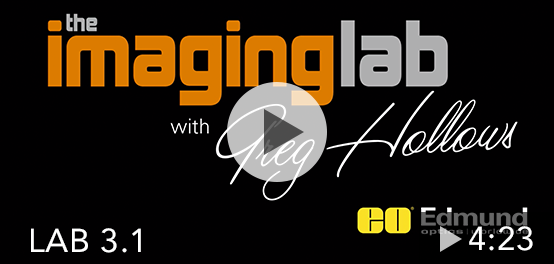
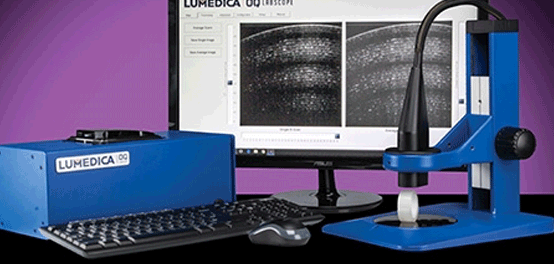


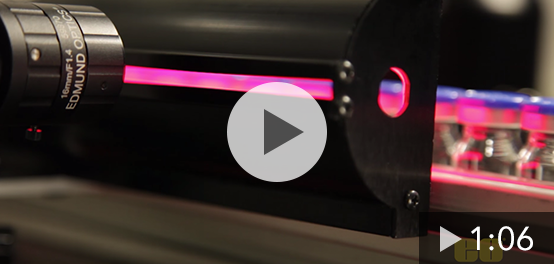





もしくは 現地オフィス一覧をご覧ください
クイック見積りツール
商品コードを入力して開始しましょう
Copyright 2023, エドモンド・オプティクス・ジャパン株式会社
[東京オフィス] 〒113-0021 東京都文京区本駒込2-29-24 パシフィックスクエア千石 4F
[秋田工場] 〒012-0801 秋田県湯沢市岩崎字壇ノ上3番地